Clinton Anderson - Clinton Anderson Philosophy
Here you can read online Clinton Anderson - Clinton Anderson Philosophy full text of the book (entire story) in english for free. Download pdf and epub, get meaning, cover and reviews about this ebook. year: 2013, publisher: Trafalgar Square Books, genre: Romance novel. Description of the work, (preface) as well as reviews are available. Best literature library LitArk.com created for fans of good reading and offers a wide selection of genres:
Romance novel
Science fiction
Adventure
Detective
Science
History
Home and family
Prose
Art
Politics
Computer
Non-fiction
Religion
Business
Children
Humor
Choose a favorite category and find really read worthwhile books. Enjoy immersion in the world of imagination, feel the emotions of the characters or learn something new for yourself, make an fascinating discovery.
- Book:Clinton Anderson Philosophy
- Author:
- Publisher:Trafalgar Square Books
- Genre:
- Year:2013
- Rating:5 / 5
- Favourites:Add to favourites
- Your mark:
Clinton Anderson Philosophy: summary, description and annotation
We offer to read an annotation, description, summary or preface (depends on what the author of the book "Clinton Anderson Philosophy" wrote himself). If you haven't found the necessary information about the book — write in the comments, we will try to find it.
The key to enjoying a safe, fun, and fulfilling partnership with your horse is having the knowledge and confidence to lead and train him. All great partnerships are based on three elements: trust, respect, and communication. Whenever one element is lacking, the partnership fails to form or ceases to exist. When it comes to interacting with horses, we unintentionally tend to be our own worst enemies. By design, horses and humans perceive the world from opposite ends of the scale: horses are prey animals with an ingrained flight or fight response, and humans are predators. Because of this, before you train a horse, you have to understand basic horse psychology and what makes your horse tick. When you know how the horse processes his thoughts and why he does the things that he does, both good and bad, you can accomplish anything. If you dont understand how your horse perceives the world around him, then you will struggle with your horsemanship goals. Clinician Clinton Anderson knows good horsemanship isnt always easy. With over 20 years of experience working with horses and helping people safely train them, Clinton has become an expert at bringing out the best in both. In this highly illustrated book, he shares his philosophy, knowledge and wisdom, detailing what he feels every person should know about horses before working with them. Breaking down the crucial elements of his method of horsemanship, Clinton explains how to become an effective leader that your horses will look to for guidance and how to successfully start a mutually enjoyable partnership. Readers will learn what motivates horses, the basics of respect and why it must be established, and the role pressure and body language play in communicating. Clinton prescribes a tried-and-true formula to train a well broke horse and discusses the three elements that go into becoming an all-around great horseman. Filled with commonsense explanations and personal anecdotes from Clintons life, the lessons in Philosophy provide the instruction and inspiration needed to help you achieve your horsemanship dreams.
Clinton Anderson: author's other books
Who wrote Clinton Anderson Philosophy? Find out the surname, the name of the author of the book and a list of all author's works by series.

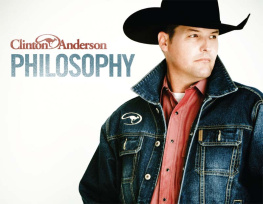
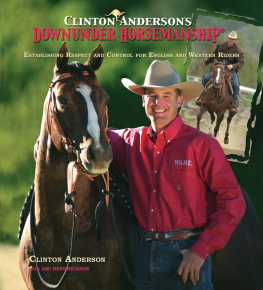
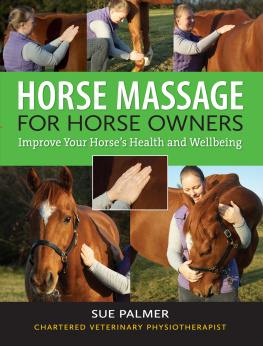
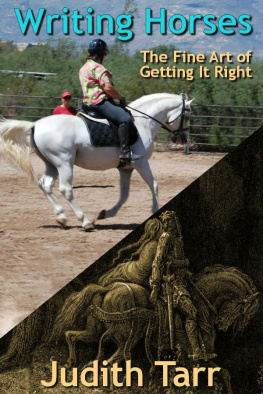
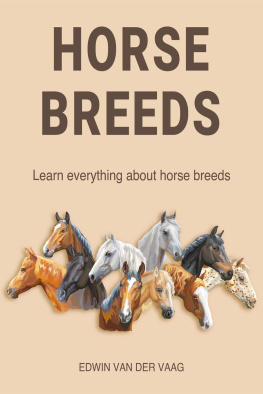

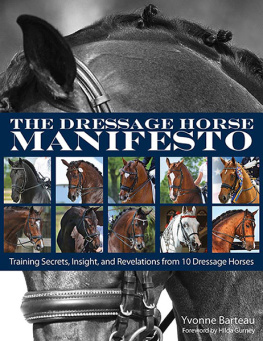

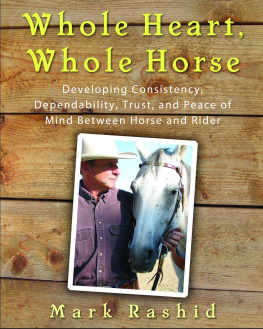
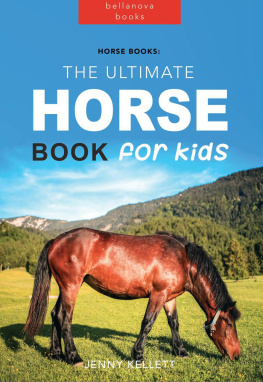
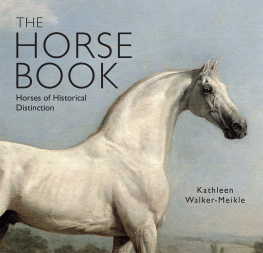



 If you dont get it, your horse wont get it, and then nobody gets it.
If you dont get it, your horse wont get it, and then nobody gets it.
